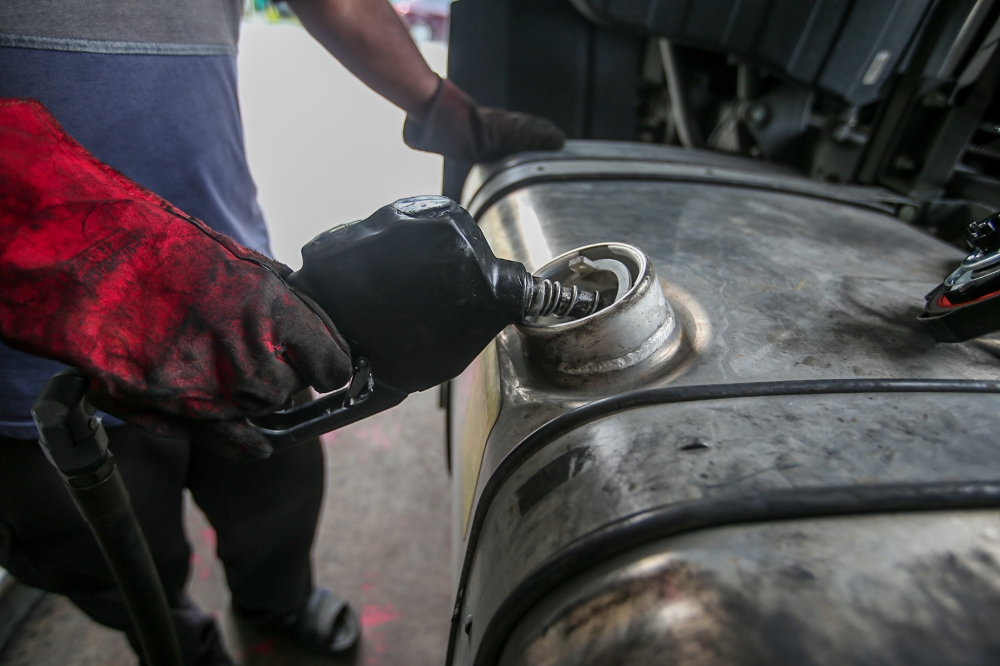In the realm of economic policy, the rationalization of fuel subsidies has been a contentious issue in Malaysia, with distinct approaches taken under different administrations. During Najib Razak’s tenure as Prime Minister under the Barisan Nasional (BN) coalition, a gradual reduction and elimination of fuel subsidies were implemented as part of broader fiscal reforms. The rationale behind this move was to alleviate the fiscal burden on the government, foster more efficient resource utilization, and address budget deficits for sustainable economic growth.
Fast forward to the present day, Malaysia finds itself under a different administration facing a new set of challenges. The current rationalization of diesel subsidies in the country is being propelled by a confluence of factors distinct from those during Najib’s era. Shifting global fuel prices, mounting environmental concerns, and the imperative to reallocate resources towards sustainable and efficient energy sources have emerged as key drivers of the policy shift.
However, the cancellation of diesel subsidies has had an immediate impact on the prices of goods in Malaysia. With the rise in diesel prices passed on to consumers, the cost of transportation and production has increased, resulting in higher prices for essential goods and services. This inflationary pressure has been felt across various sectors, affecting household budgets and business operations.
The decision to rationalize diesel subsidies in Malaysia today reflects a strategic response to evolving economic and environmental landscapes. By recalibrating subsidy structures, the government aims to mitigate the impact of fluctuating global fuel prices, reduce carbon emissions, and transition towards a more sustainable energy framework. This policy direction underscores a commitment to long-term economic resilience and environmental stewardship.
The popularity of the current government’s move to rationalize diesel subsidies is a subject of debate and scrutiny among various stakeholders. While some segments of the population may perceive it as a necessary step towards fiscal prudence and environmental sustainability, others may express concerns over its immediate impact on consumer prices and economic sectors reliant on diesel fuel.
As Malaysia navigates through the complexities of subsidy rationalization, striking a balance between economic imperatives, societal welfare, and price stability remains a paramount challenge. The effectiveness and public reception of the current policy approach will likely unfold over time, shaping the country’s energy landscape, economic trajectory, and the affordability of goods and services in the years to come.
In conclusion, the contrasting approaches to fuel subsidy rationalization in Malaysia under Najib’s era and the current administration underscore the dynamic nature of economic policy-making and the evolving priorities of governance. As the nation charts its course towards a more sustainable future, the careful calibration of subsidy mechanisms will play a pivotal role in shaping Malaysia’s economic resilience, environmental sustainability, and the affordability of essential commodities for its citizens.
Tan Geok Siaw – Petaling Jaya
Disclaimer: The opinions expressed in this content are solely those of the author and do not necessarily reflect the views or opinions of Suara Negara. Suara Negara is not responsible for any views, thoughts, or opinions presented in this material.

